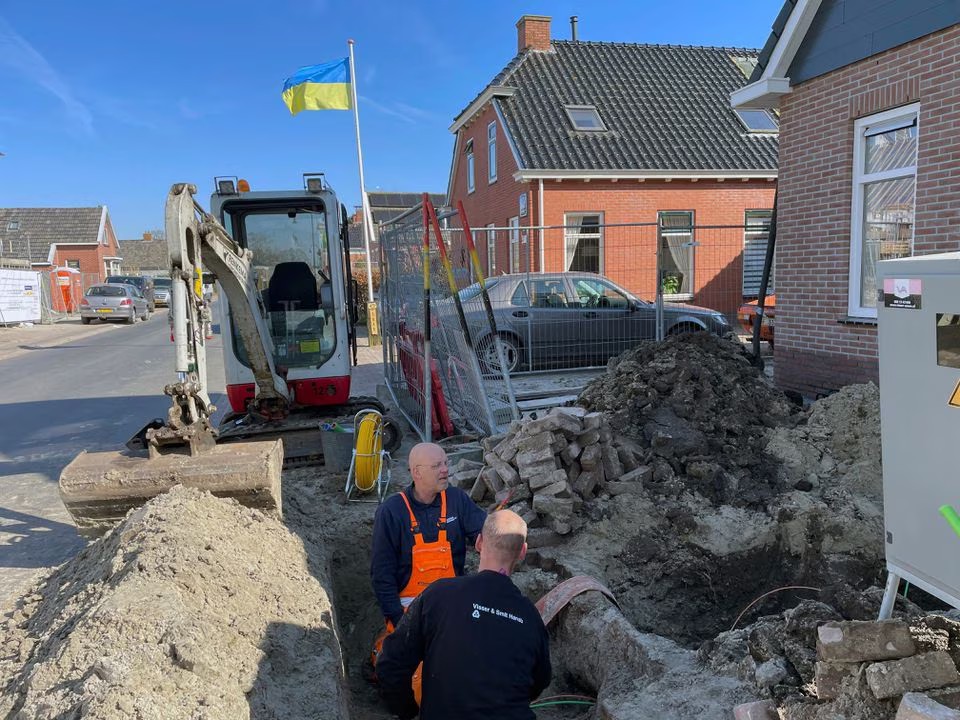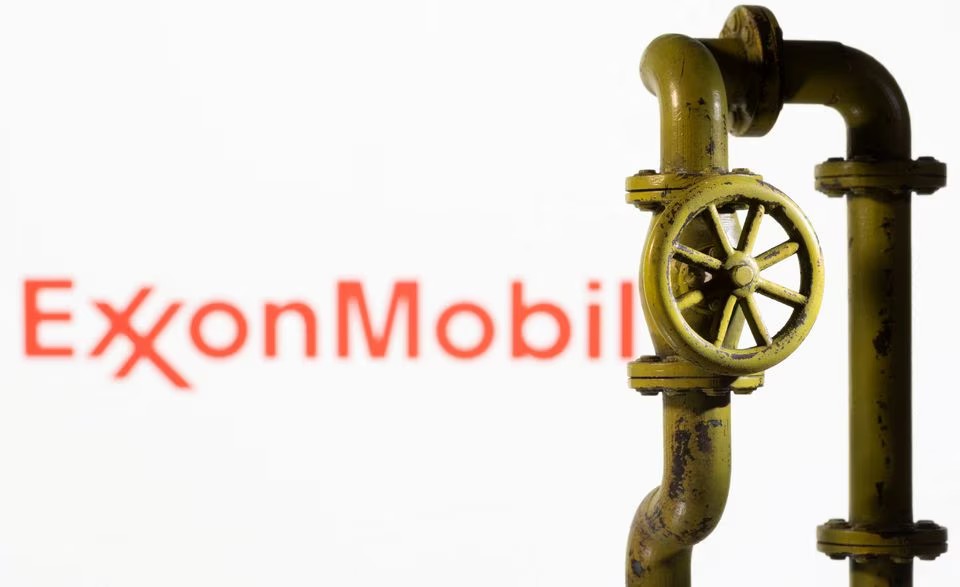AMSTERDAM, (Reuters) – The Dutch government and energy companies Shell SHEL.L and Exxon Mobil XOM.N ignored the risks of gas production in Groningen for years, to the detriment of people living in the province, a parliamentary inquiry concluded today.
Prime Minister Mark Rutte and others involved “gravely underestimated” the urgency of the problems in Groningen, said the committee set up to investigate the decades of lucrative gas extraction that caused tremors damaging thousands of houses and buildings in the region.
The massive Groningen field is operated by Shell and Exxon joint venture NAM and was one of Europe’s major suppliers of natural gas for decades.
“These are hard and painful conclusions,” Rutte told a news conference. “They make clear there is a lot to do to help the region and to hopefully restore trust.”
The government will take time provide a full response to the report, he said without indicating how long that would take.
A statement from NAM director Johan Atema said: “It is clear that we need to have a better eye for the society in which we work. It is up to us to show that we as a company have learned from this.”
The government and NAM have previously acknowledged the seismic risks of gas production in the region and promised to compensate victims of the tremors, but they have spent years deciding how to do so.
Groningen gas production has been cut back significantly over the past decade and will be halted in the coming year because of the threat to life and property from the resulting earth tremors.
That realisation, however, came too late, the investigating committee said.
“Gas extraction in Groningen was so successful and lucrative for the Dutch government, Shell and Exxon Mobil that they hardly took any notion of the long-term risks and the ever-clearer signs of the detrimental effects for the people in Groningen,” it said.
“The interests of the people in Groningen were structurally ignored.”
The committee estimated that gas profits had delivered 363 billion euros ($383.84 billion) to the Dutch treasury since production started in the 1960s, laying the foundation for the Dutch welfare state, while Shell and Exxon’s profit was about 66 billion euros.
The Dutch state and the oil companies must finally make good on their debt to the people of Groningen, the committee said, adding that Prime Minister Rutte had made “empty promises”.






